photos by Steven Rood
***
On a balmy Friday night in August, Little Feat took the stage at the Theater at the Ace Hotel in Downtown Los Angeles to celebrate 45 years of their seminal live album Waiting For Columbus by playing the record in its entirety. Of course, Little Feat is not the same band they were when they recorded the album on tour in 1977, making the prospect of recreating what is oft-hailed as one of the greatest live albums of all time an intriguing one. How would they fare without Richie Hayward’s scorching drum grooves, Paul Barrere’s swampy slide work, or erstwhile leader Lowell George’s inimitable spirit and voice?
What resulted was an energetic, virtuosic celebration of Waiting For Columbus, if not a true recreation. Keys were dropped to accommodate different singers, arrangements were altered, solos were added. Opener “Fat Man in the Bathtub” now had an instrumental section reminiscent of The Champs’ “Tequila,” with multiple opportunities for the band members to solo. Where there had once been a two-and-a-half-minute Dixieland jazz breakdown in “Dixie Chicken,” there was now an extended jazz-fusion interlude featuring the flying fingers of founding keyboardist Bill Payne and guest bassist Jack Casady, whose Hot Tuna opened the show with an excellent acoustic trio set.
Payne took a moment between songs to honor the memories of George, Barrere and Hayward (this concert taking place on the eleventh anniversary of Hayward’s passing) before launching into 1977’s “Time Loves a Hero,” which was accompanied by a slideshow of photos of the band through the years. In George’s place was new addition Scott Sharrard, who may be the best thing to happen to Little Feat since 1972 (or at least since Craig Fuller). Throughout the evening, Sharrard’s playing and singing were frequent highlights, with impressive vocal turns on “Spanish Moon” and a slow-but-deliberate “Willin’,” as well as an absolutely fiery extended solo break on “Day or Night,” which stretched well past the 12-minute mark. Accompanying Sharrard as the other new face in the band is drummer Tony Leone, who took the vocal on “Old Folks Boogie” and whose time spent playing with Levon Helm made him a uniquely qualified choice to inherit Hayward’s throne. If anyone had any doubts about the two newest Feats, a high-octane take on “Tripe Face Boogie” removed any doubt that this band is as solid a live unit as they were in 1977.
And what of the “classic” members? Bill Payne is the lone original member not dead or in prison, and what remains of the Dixie Chicken-era lineup is the rhythm machine that is Kenny Gradney (one of the most underrated bassists in classic rock, who was clad in his finest Dodgers apparel) and percussionist Sam Clayton, who is a Clarence Clemons-like figure in the band — his vocal turns are few and far between, but his presence is vital. Then there’s Fred Tackett, who didn’t formally join the band until their 1987 reformation but was always around in the old days, writing and playing on their records and even touring with Lowell in 1979. Tackett is both an unassuming figure and a force to be reckoned with, displaying equal mastery of guitar, mandolin, and even trumpet, opening “Dixie Chicken” with a horn solo accompanied by Payne’s ragtime piano and overall filling in the gaps left by the departed Barrere. This foursome has been making music together on and off for five decades, and that was clear in their playing. There’s a reason everyone from Jimmy Page to The Rolling Stones sang Feat’s praises, and it still shows in the tight interplay and dynamic turns of this storied band, even without their former leader.
Despite the show being a hometown affair, any rumblings of special guests were mostly unfounded. In addition to Casady, Miles Tackett (son of Fred) sat in on guitar during “Spanish Moon” and Casady’s Hot Tuna bandmate Jorma Kaukonen added some hot licks to “A Apolitical Blues” in place of Mick Taylor’s appearance on the original live record. But Feat didn’t need guests to wow the crowd. For two hours, they scaled the peaks of Mount Columbus with grace and style, and by the time they reached the encore (1987’s “Let It Roll”), folks were dancing in the aisles, smoking ‘em if they had ‘em, and ready to keep rolling right through the night. It may not have been Lowell George’s vision of Little Feat more than fifty years after its inception, but it was still a damn good time.
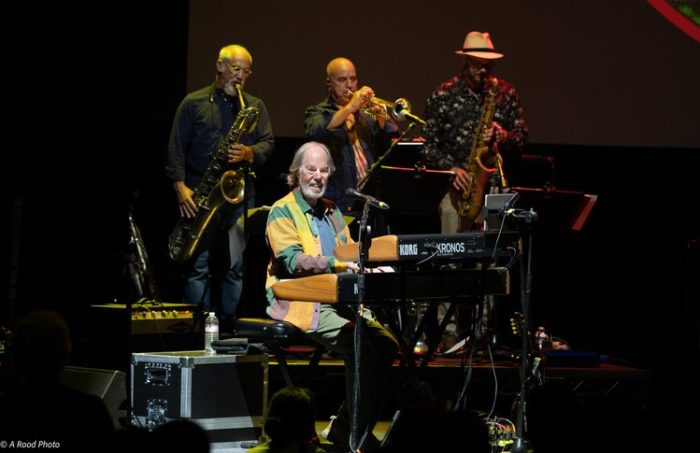
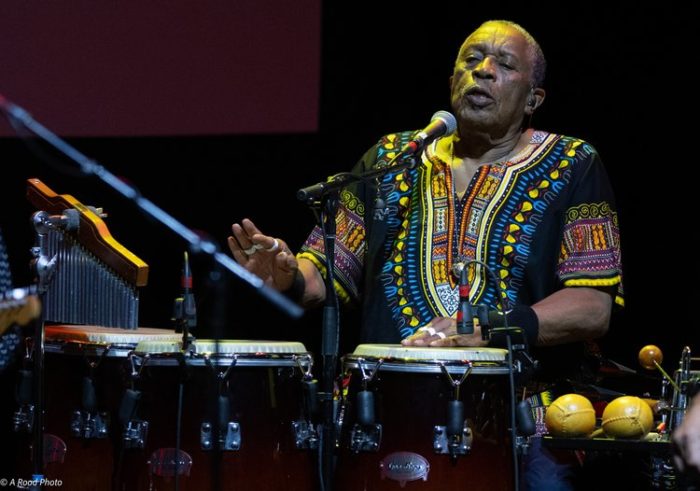
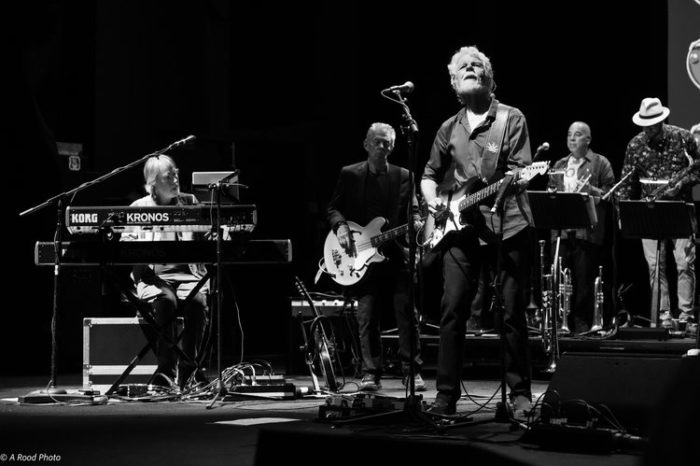
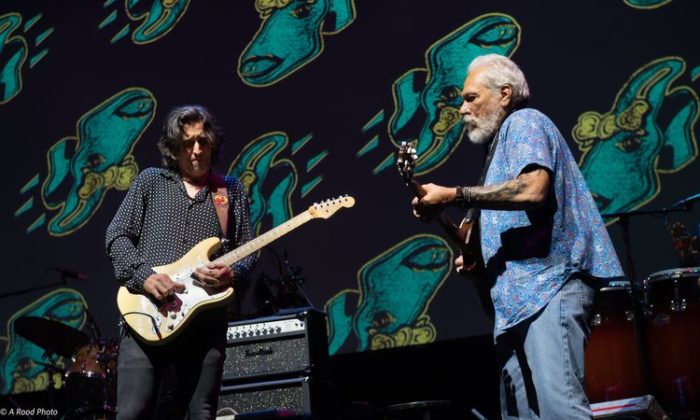
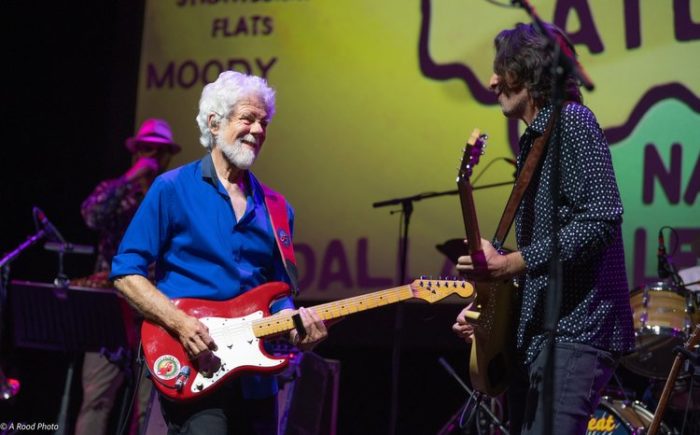
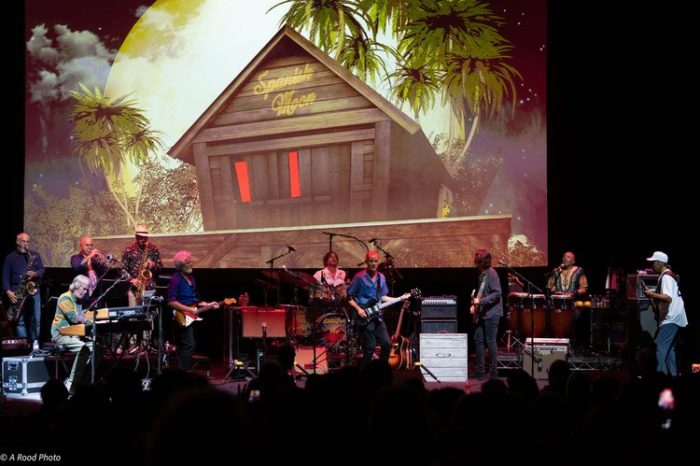

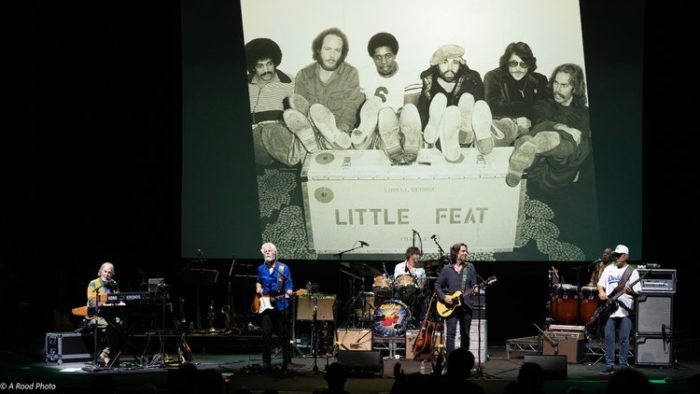


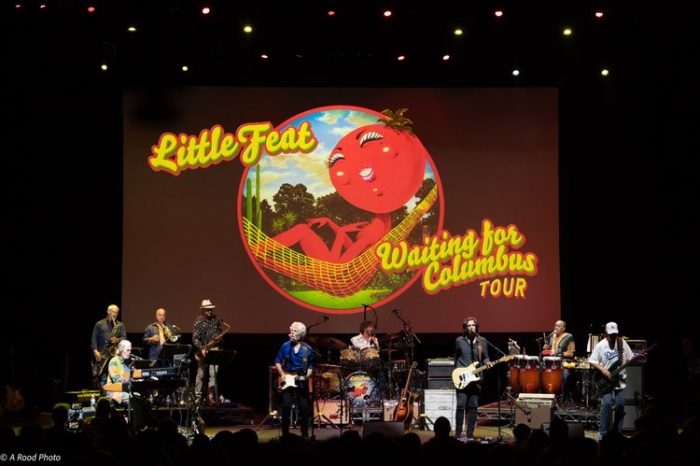
No Comments comments associated with this post